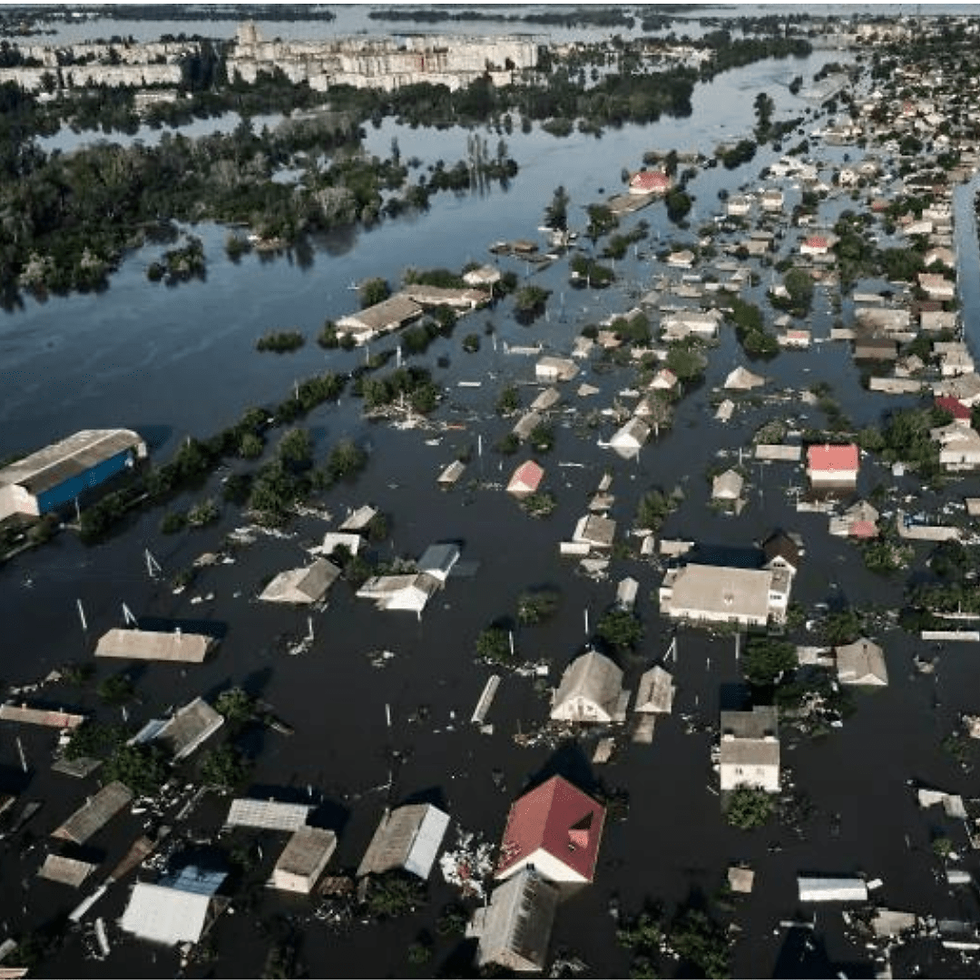
Abstract
The Destruction of the Kakhovka Dam:
A Case Study in Defining Ecocides
The urgent need for a legal framework for ecocides in the current climate crisis is explored in this research paper, using the destruction of the Kakhovka Dam by the Russian military in Ukraine as part of its military operation, as a case study. This kind of a classification would allow for a more specific class of environmentally reparative benefits to be awarded that would account for the long-term environmental impact and repercussions, benefiting the Ukrainian people, the economy and neighboring European countries.
To explore it as a case study, the essay investigates the incident in terms of its implications on a wide spectrum ranging from water, soil, flora and fauna, to energy production, all with accompanying destructive effects on the population, economy and protected areas.
The contamination of water of one million inhabitants is estimated at over $2 billion to restore healthy water conditions and agricultural water sources. The impact on soil has been severe with over 600,000 hectares of agricultural land with a corresponding 4 million tons of grain and 36% of tomato production of all of Ukraine being severely damaged. Furthermore, flora and fauna have been dramatically affected with countless habitats for native species and a collapse of the area’s biodiversity. In the sphere of energy production, the Kakhovka Dam’s hydroelectric power station supplied 350 MW of power, supplying 12,000 residents but more importantly representing a vital component of Ukraine’s energy diversification scheme.
A legal framework needs to be created to account for the long and short term effects of these impacts appropriately so that reparations in terms of both the destruction to the environment and the wellbeing of the affected local communities might be assigned.
As investigation of the destruction of the Kakhovka Dam proves, a reclassification of the incident as an ecocide is fundamental to respond to the pervasive and destructive impacts of current conflicts. Furthermore, such a framework would protect future generations from the long-term effects of war while also mitigating the effects of the climate crisis. The current lack of classification and reparation frameworks for ecocide is actively contributing to the climate crisis, by defining ecocide and the compensation given to those affected, international Courts could ensure the restoration of safe and sustainable living conditions, and thus ensuring the protection of our planet.






